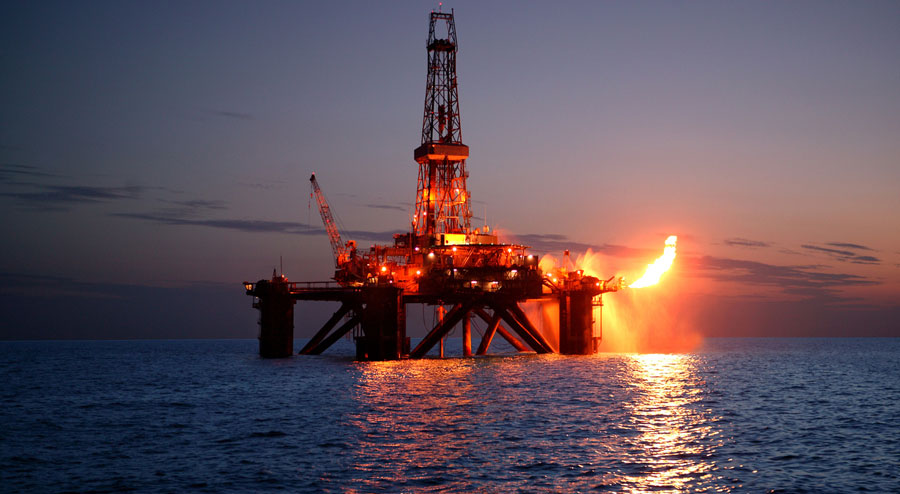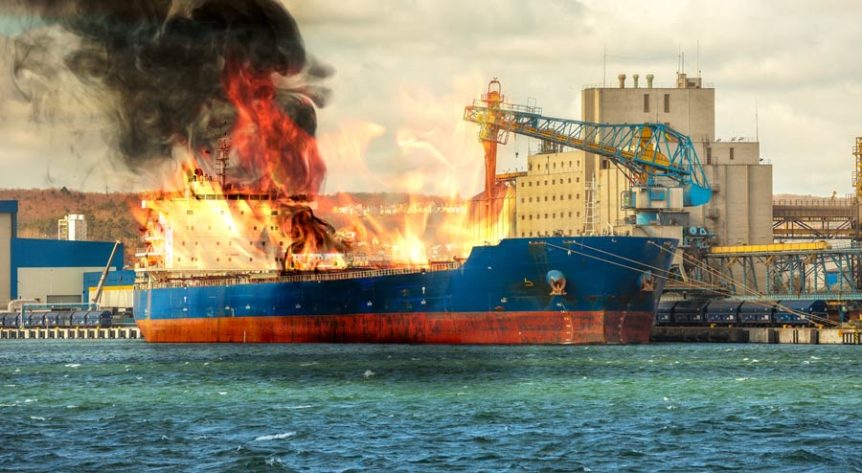Oil rig accidents are scary and very dangerous. They involve deep water and heavy equipment which can lead to very serious injuries to workers and, in the worst-case scenario, they can even cause the death of your loved one.
Accidents on an offshore oil rig or drilling rig accident often cause injury, from small injuries to serious long-term, debilitating injuries or even fatal injuries in the worst cases for crew members and compensation is required to pay for any medical bills.
These accidents are usually due to a tired coworker or negligence of the company you’re working for. When the oil hits the fan, the company you work might turn its back on you instead of giving the support and compensation you deserve in these trying times.
But the right lawyer will help you fight for everything you’re owed and everything you and your loved ones deserve.
This article will go over the basics of oil rig accidents and how lawyers can help you during this frightening time in your life.
Oil Rig Accidents and Everything You Should Know When They Happen
Working on an oil rig or on an oil platform is one of the most dangerous jobs, alongside gas drilling jobs. It takes guts and courage to work on oil and gas rigs, which is why you deserve to be safe and protected should a mishap occur.
The Most Common Causes of Oil Rig Accidents
Oil rig accidents can vary greatly. There are several ways that working on an oil rig can go wrong but there are a few main major causes of oil rig accidents that are due to negligence from a coworker or the company you work for.
These causes include:
- Slips and falls due to negligence by a coworker or the company
- Heavy machinery crushing a person or body parts due to the negligence of a co-worker or the manufacturer
- Equipment failure due to not being maintained by your employer or a manufacturer error
- Fire from a gas leak due to negligence by a co-worker or your employer
- Chemical spills due to a lack of maintenance by coworkers or your employer
- Inhaling toxic fumes due to a lack of maintenance by your employer
These oil rig accidents can cause countless short-term injuries to long-term injuries and illnesses such as:
- Fractured, sprained, and broken bones
- Torn ligaments and torn tendons
- Spinal cord and other serious back injuries
- Amputated limbs including fingers and toes
- Drowning
- Chemical and fire burns
- Head injuries and concussion
- Cancer from constant chemical exposure
- Wrongful death
Who Should be Liable for Your Oil Rig Injury?

Unfortunately, most oil rig accidents are caused by a lack of maintenance from the employer or the platform owner.
They’re also often caused by a co-worker’s negligence from being distracted, working long hours, or not following safety protocols that are in place to protect them and you.
Sometimes, the manufacturer of a piece of equipment may be at fault too for faulty designs or mistakes in the machinery.
Rarely is an oil rig accident the fault of the person who was injured or the worker who has died.
It will be up to you and your lawyer to investigate your injury and the cause of it. Just like with any other injury case, evidence will be gathered and you should be taking statements from any witnesses that can verify your story.
The employer you work for will also be doing their own investigation into the accident so they can protect themselves.
Every injury or accident is different and should be treated as such by the right attorney or lawyer. The lawyer you hire should have experience and knowledge in all maritime laws, workers’ comp laws, and injury claims and laws.
Acts and Protections for Oil Rig Employees That Are Injured
There are a few legal maritime laws and other legal protections that can assist an oil rig worker in an injury claim against their employer. They were created for workers just like you.
Normal workers’ comp will compensate workers for injuries that aren’t due to negligence. It also prevents the employer from being sued by you, the employee, and it doesn’t always cover all your medical bills and lost wages. Not to mention, the suffering you’re going through.
Your employer’s workers’ comp insurance company gets to decide how much you deserve which isn’t always what you really deserve from your employer after an accident or wrongful death.
In most cases, they try to pay you as less as they can get away with.
The right lawyer will have extensive knowledge of these protections and acts:
- The Jones Act: The Jones Act is federal legislation that helps US workers who work on a water vessel out at sea. It protects a wide range of workers, from trade ship crews and sometimes even oil rig workers. This act gives sea workers a way to make a negligence claim against their employer since basic workers’ comp isn’t always available to them.
- The Longshore and Harbor Workers of the High Sea Act: This specific act is federal legislation that also helps U.S. workers that work at sea. It’s a type of workers’ comp for sea workers. It includes help for workers who work on docks or loading and unloading ships and other water vessels.
- Outer Continental Shelf Lands Act: The OCSL Act is another type of workers’ comp for U.S. workers that work in the ocean. This act helps U.S. workers who are outside of U.S. states working but working in the outer continental shelf designated lands.
Conclusion
This may be a hard time in your life but getting the money and support you deserve shouldn’t be difficult. You shouldn’t have to fight your employer and anyone else at fault. You’ve worked hard so let a tough lawyer work just as hard for you.
